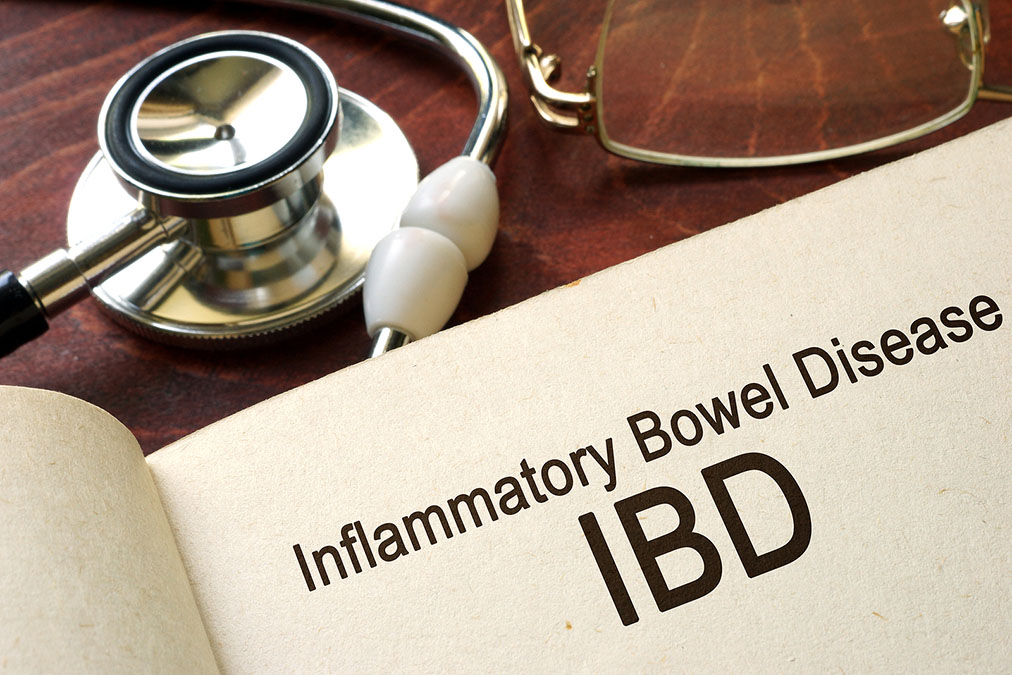 Inflammatory bowel disease (IBD) and Hemorrhoids are connected. No surprise.
Inflammatory bowel disease (IBD) and Hemorrhoids are connected. No surprise.
Two questions remain:
-
1) Does one cause the other?
2) How can you cure them both?
A new study in Scientific Reports reveals some answers.
The main goal of this study was to determine whether IBD and its two common forms, Crohn’s disease and ulcerative colitis, directly lead to a higher risk of hemorrhoids or if it’s just a coincidence that they often occur together. To do that, the authors used a study method called Mendelian randomization.
Mendelian randomization may sound complicated, but it’s a clever way of understanding cause and effect in health studies. The idea is to use genetic differences that people are born with to see whether certain traits (like having IBD) are directly responsible for other conditions (like hemorrhoids). The latter must be the effect because it occurs only later.
Because our genes are randomly assigned at birth (you don’t get to choose them), this method is a lot like a clinical trial where people are randomly assigned to receive different treatments. In this case, the “treatment” is having genetic variants linked to IBD, and researchers looked at whether those people are more likely to develop hemorrhoids.
The researchers analyzed large sets of genetic data from previous studies that connected certain genetic traits to different conditions. In this case, they looked at the genes of people with IBD, Crohn’s disease, ulcerative colitis, and hemorrhoids.
Indeed, people with genes linked to IBD (especially Crohn’s disease) were statistically more likely to develop hemorrhoids.
The main question remains: How do you eliminate Hemorrhoids and IBD?
For Hemorrhoids, you use both external home remedies and diet and lifestyle changes. Our readers have successfully used the simple steps explained here…
For IBD, diet needs to be your primary focus. Here are simple diet changes that eliminate IBD symptoms (within days)…

 Overcoming IBD
Overcoming IBD Multiple Sclerosis
Multiple Sclerosis Banishing Bronchitis
Banishing Bronchitis Gum Disease Gone
Gum Disease Gone Overcoming Onychomycosis
Overcoming Onychomycosis Neuropathy No More
Neuropathy No More The Prostate Protocol
The Prostate Protocol Brain Booster
Brain Booster
 Ironbound
Ironbound
 Solution for Shingles
Solution for Shingles
 The Bone Density Solution
The Bone Density Solution
 The Ultimate Healing Protocol
The Ultimate Healing Protocol
 The Parkinson's Protocol
The Parkinson's Protocol
 The Chronic Kidney Disease Solution
The Chronic Kidney Disease Solution
 Overthrowing Anxiety
Overthrowing Anxiety The Fatty Liver Solution
The Fatty Liver Solution The Hypothyroidism Solution
The Hypothyroidism Solution
 The End of Gout
The End of Gout The Blood Pressure Program
The Blood Pressure Program
 The Oxigized Cholesterol Strategy
The Oxigized Cholesterol Strategy
 Stop Snoring And Sleep Apnea Program
Stop Snoring And Sleep Apnea Program
 The Arthritis Strategy
The Arthritis Strategy The Vertigo & Dizziness Program
The Vertigo & Dizziness Program The 3-Step Diabetes Strategy
The 3-Step Diabetes Strategy Hemorrhoids Healing Protocol
Hemorrhoids Healing Protocol The Erectile Dysfunction Master
The Erectile Dysfunction Master Weight Loss Breeze
Weight Loss Breeze The IBS Program
The IBS Program The Insomnia Program
The Insomnia Program The Migraine and Headache Program
The Migraine and Headache Program The Neck Pain Solution
The Neck Pain Solution The Menopause Solution
The Menopause Solution The Ejaculation Master
The Ejaculation Master The TMJ Solution
The TMJ Solution The Acid Reflux Solution
The Acid Reflux Solution The Fibromyalgia Solution
The Fibromyalgia Solution The Psoriasis Strategy
The Psoriasis Strategy